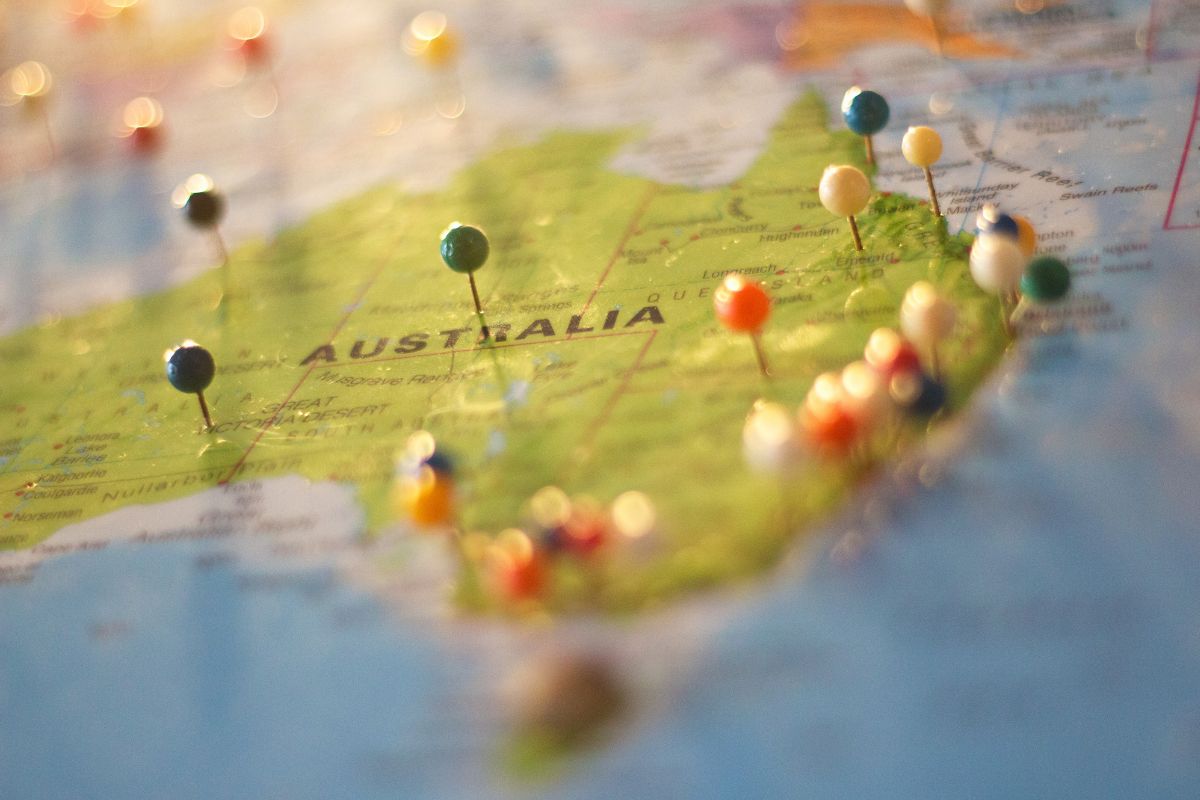23 August 2022
If you are preparing for an international exchange, here's featuring Ser Yang from Travitas' 6 handy tips on How to prepare for an International Exchange! Do bear them in mind for your future exchange studies even if you're not going now!
As I prepare for my own exchange to the States for the second half of the year, I’ve done a bit of research and made some really interesting observations that I think will serve as extremely useful and handy reminders for those of you in a similar situation. Taking note of the following may help you save a lot of money, and make your exchange a little more enjoyable. While some of these pointers may seem obvious, you’ll be surprised how easily they are forgotten when you get too involved in planning for your exchange!
1. How far is the university away from city centre and international airport?
This is very important because unlike in Singapore, universities in larger countries (like U.S., China etc) may be located at relatively isolated places. I’ve even heard of one that was in the middle of a “forest”! If you have (perhaps, unfortunately) landed yourself in a university that is in a more remote location, then you could find yourself having nothing to do after your lessons. Therefore, do find out how long it actually takes for you to travel from the university (or at least the place you may live in) to the city centre because typically the “fun” activities are all there.
I have been warned that it is important to find a university that is near a major international airport. Why so? Well, due to the competition at major international airports, you may have a higher chance of getting a direct flight to your potential destinations, and even at a cheaper fare. Considering that you will most likely be traveling, even extensively, during your exchange, doing this could save you a lot of trouble (and money).
Don’t be deceived by the supposed location of the university! A wise man once told me that some universities situated in Copenhagen (Denmark) were further away from the Copenhagen Airport (an international hub) than Lund University, which is situated in Sweden! So be sure to check out their actual AND relative location to the nearest airport!
2. What’s the ranking of the university?
This may be a controversial point. I understand that many people have the mindset that they are going on exchange to have “fun”. Yes, you will have lots of fun traveling around the world, but please don’t forget you’re still spending quite a large amount of time as a student in your exchange university. The quality of the university could make a great difference to your exchange experience.
Schools that rank higher typically have better facilities and more reliable support staff. Most importantly, after you return from your exchange, you can talk about the more “serious” parts of your exchange experience during a job interview.
Take this scenario:
Interviewer: So which school did you go for your exchange?
Me: University of Pennsylvania. It was a life-changing experience because…
Interviewer: Wow.
As opposed to:
Interviewer: So which school did you go for your exchange?
Me: University of … Nevermind. It’s not a very good school. It doesn’t matter actually, because I was mainly there to travel around Europe…
Interviewer: Oh, wow.
You may think it’s hypothetical and funny, but it could happen to you. A close friend of mine who studied locally and went to Cornell University for exchange told me that during most of his job interviews, the interviewers were mainly interested in his experiences in Cornell and almost did not bother asking anything about the university that he graduated from. He had since found himself a very high-paying job.
So, do give some thought about the quality of your exchange university.
3. How are you going to travel out to other places? How much would it cost?
This is a rather basic question people tend to miss out. As I mentioned earlier, (extensive) traveling is an essential part of a wholesome exchange experience. We tend to assume that we can reach any intended destination with ease, such as neighbouring cities or countries. But do you know exactly how you would get there? Would it be by train? By plane? Or bus? How much would it cost?
This could be important especially when you decide on which continent you want to go. Let’s assume your aim is just to travel to many different places, and you don’t particularly mind where these places are. Then you need to ask yourself the following questions:
-
Do I always want to fly from one place to another, as opposed to taking coaches or trains?
-
If I am on a tight budget, am I willing to spend hours on trains/buses?
People say traveling within the U.S. is generally cheaper than traveling around Europe. But it really depends on your mode of transport. You have to find your balance between time and money and see where your preference lies.
4. What do you want out of this exchange?
This question is so basic that it is difficult to answer. As an exercise for those who have financial constraints, I want you to think of your reason(s) for going on exchange. Now, try to convince yourself that your answer is worth the S$10,000 – S$15,000 (or more) that you are about to spend.
Think again.
Be very clear about why you want to go on exchange, and think of it as an investment that will yield positive returns. Don’t let it become a sunk cost.
In addition, if your answer was to ‘learn to be independent’, I would advise you not to waste your money. There are many other ways to ‘learn’ to become independent than to spend so much money on an exchange. After all, we all are independent to some degree. The question is, are you willing to put in the effort?
5. Speak to seniors, and discard 50% what they say.
It may sound funny but it’s true. Seniors may tell you all sorts of things, from useful information to emotional experiences. I strongly advocate retaining the informative bits, and discarding the emotional recounts.
The reason is simple: You will get to create your own memories and experience. Why would you want to already have a mental image of how things would be like even before you get to experience it yourself? After knowing what other people have gone through on a personal level, no matter what your own experience would be like, it would never be fresh and brand new. It would feel like an “update” rather than a new “download”, as an analogy to computer software.
6. Don’t listen to any advice. Prepare to be unprepared.
Have a great exchange, my friends!
Leave your tips and tricks in the comments section below for the benefit of your peers!
Do contact us if you'd like your posts to be featured! 












